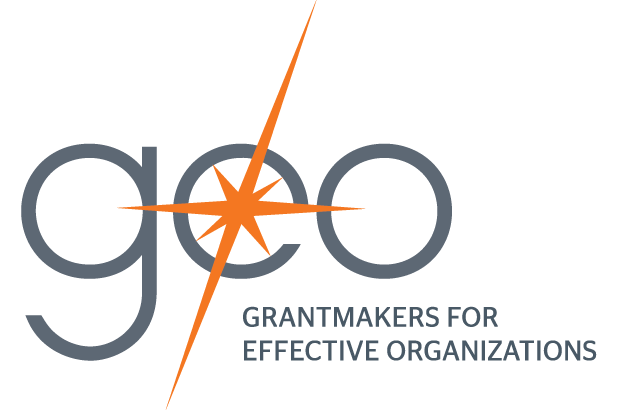For many of us, the past weeks have seemed surreal, enraging, exhausting. In addition to addressing myriad COVID-19 related challenges (disproportionately impacting communities of color), we have endured the latest in a series of sensational examples of overt racism directed at Black people: in New York, occurring at the hands of an individual symbolizing the worst aspects of unchecked privilege, in Minnesota, by way of an egregious system of unchecked state violence, in Georgia, in Kentucky, in Florida…and we know there are so many other examples that haven’t made national news. These experiences remind me that we heal ourselves whenever we create out of rage. To this end, rather than withdrawing into isolation to grapple with uncertainty or fear, I invite you to summon the courage to be fully present in supportive community with others to re-imagine a new generative response to our collective outrage.
Despite my own personal feelings about these events, including the ensuing protests sparked around the world, it also hurts me acutely as the leader of an organization to witness peers and colleagues, including the brilliant, passionate staff of GEO, experience pain, fear and feelings of helplessness. To this day, no singular action seems sufficient enough to counter the effects of such egregious acts of violence. No encouragement for self and community care seems enough to convey fully my desire for everyone to experience physical and emotional safety. I want each individual to take care, find an empowering outlet for self-expression, reach emotional acceptance of conditions as they change and derive meaning from each experience, no matter how tragic. I choose to be present with GEO’s community of stakeholders as an example for what it looks like in practice to persevere through pain and ambiguity together.
As a Black man who has amassed his fair share of experiences with injustice, firsthand, I am simultaneously encouraged by the broad demonstrations of outrage, while being equally conscientious of the familiarity of this moment. Indeed, many of us may feel that we have experienced this phenomenon before – and, the “ending” is usually predictably unsatisfying.
It is also unsettling for me to experience so many people of diverse backgrounds "discovering" outrage as each new racial atrocity befalls another defenseless Black person when we have seen and heard this play out so many times throughout history, as chronicled for hundreds of years within accounts from the trans-Atlantic slave trade, the Civil War era and the Jim Crow South; throughout the American civil rights eras of the 1920s—60s; and into more contemporary eras characterized by the first opioid epidemic (i.e. crack cocaine) in the 1980s–90s as well as the most recent rash of murders of Black civilians by police officers in the 2010s, which include Eric Garner, Tamir Rice, Michael Brown, Alton Sterling, Philando Castile, Sandra Bland and many more. Reserving our outrage for the most sensational examples highlighted in the media is dehumanizing and does not honor so many other human lives lost.
As much as we hope to be better, hope alone has never proven a sufficient strategy for change any more than outrage over racial atrocities has effectively prevented future atrocities. Instead, adopting a generational commitment to advancing racial equity through collective action may engender real hope for many populations. For responsive philanthropic strategy, this must involve:
- Framing the issue: Acknowledge and illuminate how institutional barriers to progress are real and persist today;
- Focusing on root cause: Prioritize eliminating the social and political barriers to progress that systemically and disproportionately prohibit thriving within historically marginalized communities;
- Disaggregating data: Illustrate through historical analysis that the entire concept of race in America remains the determining variable for inequity across identity groups, as reflected in disaggregated data (i.e. cataloguing data according to racial, gender, class, geographical, sexual orientation and other categories);
- Exercising power: Change the rules (policies, practices, norms) within your organization that erode trust, put individuals in harm’s way, or perpetuate race-neutral/color-blind grantmaking practices.
Despite the cyclical nature of institutional violence that predictably targets Black and other historically marginalized people, we know that the hoarding and asserting of power in order to create or maintain advantage is the source of the problem. Our intentional efforts to consider the impact of our grantmaking decisions, and to make those decisions in ways that share and yield power, provide an important check against abuse of this kind. Going beyond talk to act on racial equity principles and practices in your work provides a meaningful response to the expressions of pain and desperation from so many people who are suffering within our communities.
Though this is only one of many steps required for rectifying generations of preventable social ills, it may be essential to our collective progress as funders. To this end, we remain available as a community of practice and learning to support your efforts both in the immediate as well as the long-term. Working together, we can hold ourselves accountable to generating lasting change.
On behalf of the entire team at GEO, I wish you well and remind you that you are never alone.
Keep taking care,
Marcus*

